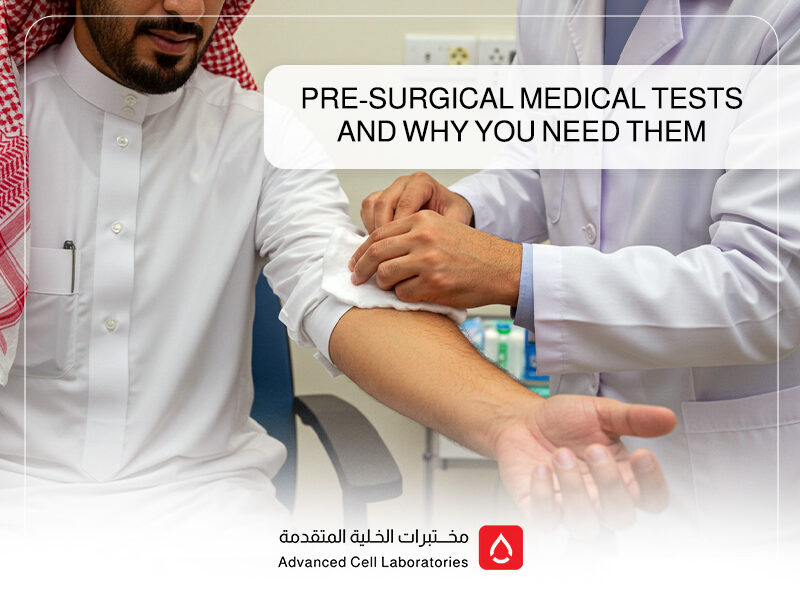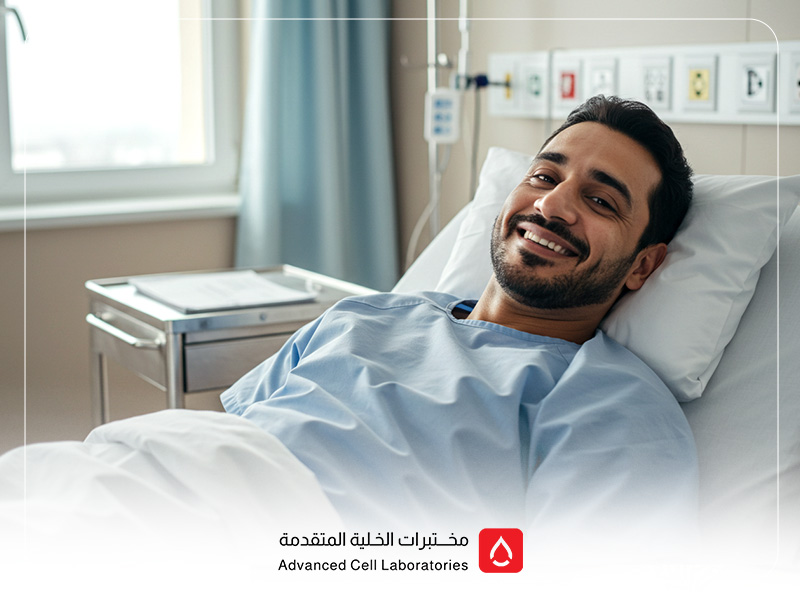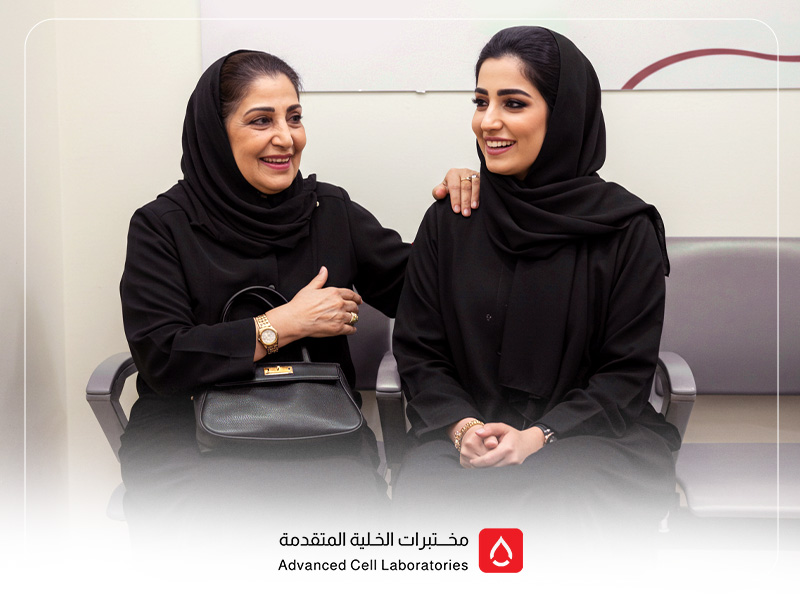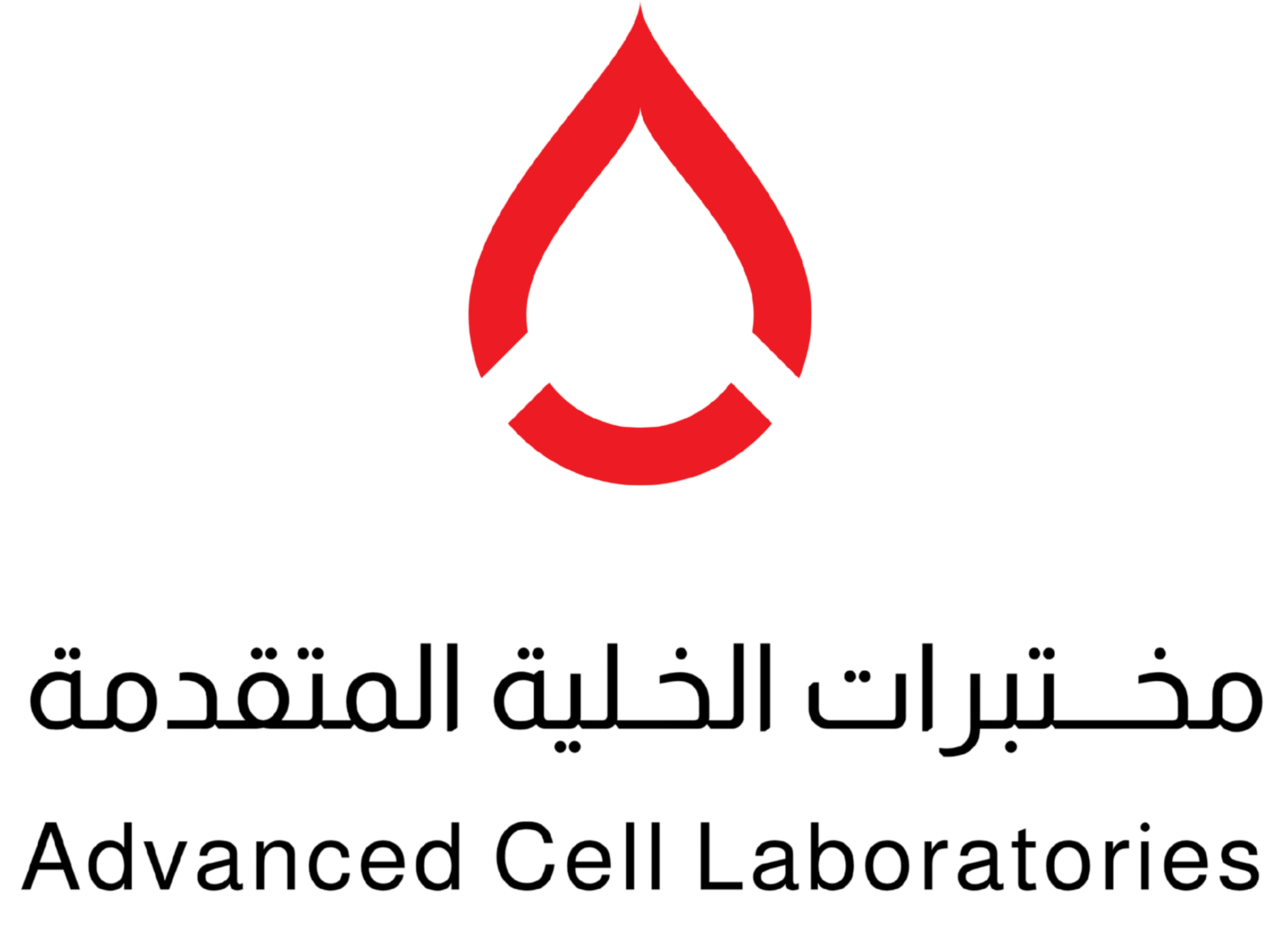
When deciding to undergo any surgical procedure, a preparation journey begins that includes a set of essential tests to ensure patient safety. Among the most important are the “preoperative tests,” which play a pivotal role in assessing health status and minimizing potential complications during or after surgery.
What are preoperative tests?

Preoperative tests are a series of laboratory examinations requested from the patient before any surgical intervention. These tests aim to evaluate the functions of vital organs such as the heart, kidneys, and liver, check blood and immune status, and detect any infections or chronic diseases.
Why are these tests requested before surgery?
The main purpose of preoperative tests is to assess the patient’s body readiness to tolerate anesthesia and the surgical procedure itself. These tests also help to:
- Detect previously undiagnosed diseases.
- Prevent complications during surgery.
- Determine the appropriate type of anesthesia.
- Reduce the risk of infection.
Complete Blood Count (CBC)
The CBC test is the first required test before surgery. It measures red blood cells, white blood cells, platelets, and hemoglobin levels, detecting anemia, infections, or bleeding issues that may affect the procedure.
Coagulation Tests (PT & INR)
These tests measure the blood’s ability to clot and are essential to prevent bleeding during surgery. PT and INR tests are particularly important for patients taking anticoagulant medications.
Blood Type Test
Knowing your blood type is essential in case a blood transfusion is needed during or after surgery. This test includes determining the blood group and the Rh factor.
Kidney and Liver Function Tests
These tests examine creatinine, urea, and liver enzymes such as ALT and AST. They help evaluate the efficiency of the kidneys and liver, which are key organs in metabolizing and clearing anesthesia drugs.
Blood Sugar Tests
Checking glycated hemoglobin (HbA1c) is especially important for diabetic patients. Poor blood sugar control may lead to serious complications during or after surgery, such as delayed wound healing or infections.
Pregnancy Test for Women
Women of childbearing age are required to take a pregnancy test to ensure they are not pregnant, as anesthesia and certain medications may harm the fetus.
Hepatitis and HIV Tests
These tests detect viruses such as Hepatitis B, C, and HIV. They help protect medical staff and allow for necessary precautions.
ECG and X-rays
For patients with heart conditions or those over 40, an electrocardiogram (ECG) and chest X-ray are recommended to assess the heart and lungs.
Do tests vary according to the type of surgery?

Yes, the required tests vary depending on the type and complexity of the surgery and the patient’s health condition. For example, major surgeries such as heart or neurological procedures require different tests compared to simple same-day surgeries.
How do results help reduce complications?
Through preoperative tests, doctors can:
- Adjust the treatment or anesthesia plan.
- Postpone surgery until the patient’s health improves.
- Determine if a blood transfusion is needed.
- Prevent potential complications such as bleeding or infections.
Frequently Asked Questions About Preoperative Tests
1. What is the purpose of preoperative tests?
These tests aim to ensure the patient is in good health to safely undergo surgery and to detect any issues that may affect anesthesia or recovery.
2. What are the most common preoperative tests?
- Complete Blood Count (CBC): to detect anemia or infection.
- Blood Sugar (FBS or HbA1c): especially for diabetic patients.
- Kidney Function (Creatinine – Urea): to check kidney efficiency.
- Liver Function (ALT – AST): to assess liver drug metabolism.
- Coagulation Tests (PT – INR – APTT): to evaluate clotting and prevent bleeding.
- Blood Type and RH: in case of emergency transfusion.
- Viral Tests (HCV – HBV – HIV): for general safety.
3. Do tests differ according to surgery type?
Yes, major surgeries or those related to the heart or respiratory system may require additional tests such as:
- Electrocardiogram (ECG)
- Chest X-ray
- Pulmonary function tests (PFTs) in some cases
4. How long before surgery should tests be done?
Tests are usually requested 3 to 7 days before surgery to ensure up-to-date results, and some may be repeated if surgery is delayed.
5. What happens if a test shows a problem?
Surgery may be postponed or the treatment plan adjusted, such as changing the type of anesthesia or administering specific medications before surgery.
Preoperative tests are essential to ensure patient safety and minimize risks. At “Advanced Cell Labs,” we provide all required tests accurately and quickly using the latest medical equipment.
Book your preoperative tests now with Advanced Cell Labs and prepare for your surgery with confidence and peace of mind.

